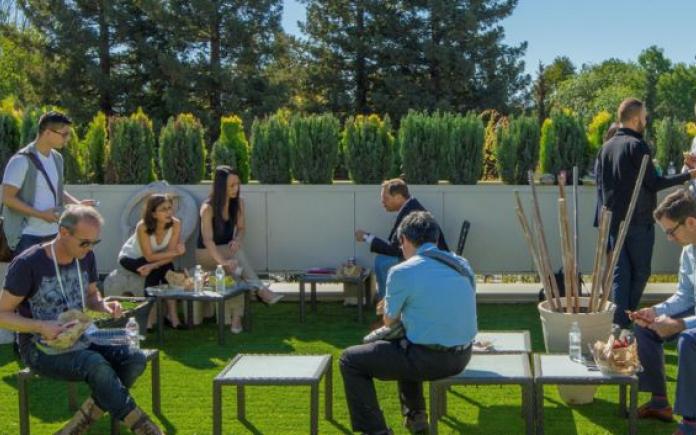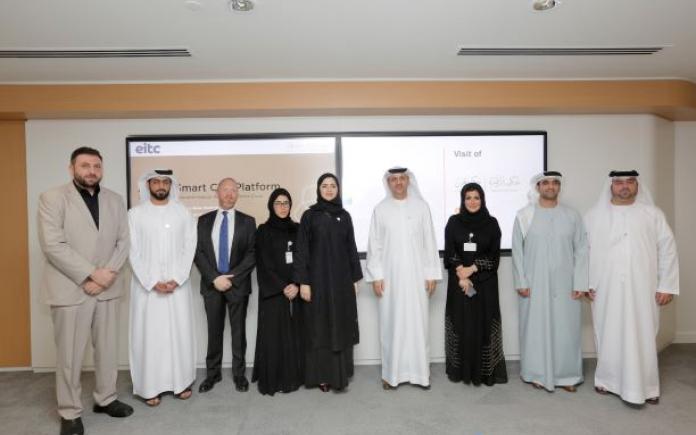
Accenture leverages Blockchain for the introduction of circular supply chain
Accenture leverages Blockchain for the introduction of circular supply chain
Accenture (NYSE: ACN) has introduced a circular supply chain capability that leverages digital identity, payments and blockchain to directly reward sustainable practices of small-scale growers and suppliers. To build upon this capability, Accenture is working with Mastercard, Amazon Web Services, Everledger and Mercy Corps to explore solutions that empower consumers, enable transparency and promote financial inclusion for small-scale producers.
With two-thirds of consumers stating a preference for sustainable brands, the ability to promote ethical and environmentally mindful practices across the supply chain has never been more important. Until now, however, consumers have had few ways to connect with small-scale suppliers at the base of the supply chain pyramid and limited opportunities to support and incentivize sustainable practices.
The circular supply chain capability is intended to meet this need by combining blockchain, digital identity and payments technologies to allow customers to identify individual producers who use sustainable methods and financially reward them with a “tip” made by direct payment. In addition to empowering customers and connecting them with small-scale producers, the capability is designed to enable producers, manufacturers and retailers to better manage their inventory and reduce waste; creates better transparency across the supply chain; ensures the authenticity of produce; and provides producers with more-equitable compensation for their produce by enabling consumers to reward them directly.
“Our identity capabilities are already empowering millions of users around the globe to access essential services like healthcare, banking and travel. Our circular supply chain capability combines these components with blockchain and expands its application to places and things, which is allowing us to rethink global supply chains,” said David Treat, a managing director and global blockchain lead at Accenture. “Through effective public and private partnerships, we can place sustainability and customer empowerment at the heart of global business models and we invite more partners to join us.”
Tara Nathan, executive vice president, humanitarian & development at Mastercard, commented: “For the 3.4 billion people — almost half the world’s population — that still struggle to meet basic needs, we believe that digital technologies are largely untapped. To put more people onto the path from poverty to prosperity, we need to create an ecosystem that streamlines access to education, health, commerce, and more. Through our work with smallholder farmers in Kenya, India, Mexico and elsewhere, we’ve deployed digital solutions helping to drive commercially sustainable social impact — and we understand that collaboration is essential for this journey.”
Leanne Kemp, Everledger’s founder & CEO said: “Our blockchain-enabled work aims to facilitate more connected, transparent and sustainable supply chains, which bring about trusted collaborations among stakeholders. Being a part of the circular supply chain capability with Accenture is a showcase example of ‘conscious consumerism.’ Everledger’s provenance platform ensures supply chain integrity alongside a global movement to drive the agenda on sustainability and reimagine tomorrow’s marketplaces.”



